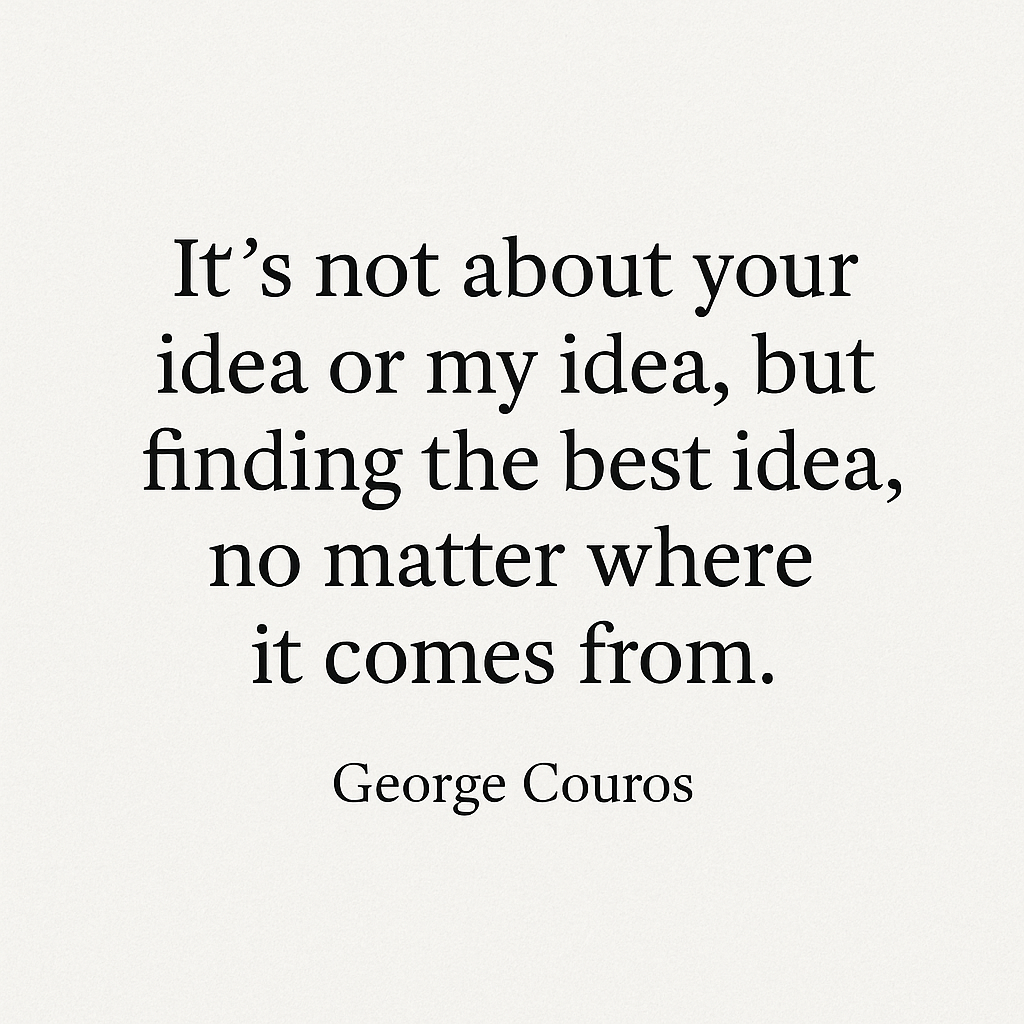
In my upcoming book, “Forward, Together,” which explores how we can transition from conflict to collaboration in a world that seems increasingly divided, I discuss the importance of creating space for challenge in our learning and the sharing of ideas in our work.
Here is the rough preview from the book of what I shared about a strategy I used to use as an administrator and now as a presenter :
After sharing ideas with groups, I often say the following:
“Before we get into a conversation, there are three things I want to hear from you: Do you have any questions you want to ask? Do you have any ideas you want to share? And most importantly, do you want to challenge me on anything I shared?”
The last question is one that often surprises the group the most.
How often do we share ideas with our communities and encourage them to openly challenge the direction and process of what we are trying to achieve?
Before they challenge me, though, I often share one rule for the process:
“You are not allowed to challenge me at the end of the day, in the parking lot, with your friends, when I am not there. You have to do it in the room, because I’m not sure if I’m right, and I’m always willing to learn.
Fair enough?”
There are many ideas that you are already sharing that are being challenged by someone, somewhere. Do you have the chance to address it in the room and in person, or is it something that is going to be shared online, where nuance and tone are lost, or even, in private, where you have no idea what is being said, or the concern that needs to be addressed?
Creating a space for this allows you to address the challenge that one person may bring to your attention, which many might have. But it also makes a space for you (and me) to grow.
When we ask others for their pushback, are we open to changing our own mind, and perhaps, our direction?
Years ago, I recall having a conversation with my staff about something I wanted to implement as a principal. Honestly, I don’t even remember what it was, but I remember that the majority of staff disagreed with me and the direction we were taking. A common mantra that I had was that it was never about your idea, my idea, but about finding the best idea, no matter where it came from. For that to happen, you had to invite conversation and challenge.
So even though I was the principal, leading the school, and disagreed with the majority of my staff on their feedback, I went with their consensus and asked for an opportunity to revisit it in the future. My assistant principal at the time pulled me aside afterward and said that by sharing my true thoughts on an issue while also deferring to the staff, I had demonstrated great humility and vulnerability in my leadership. Even with her encouragement, it was a hard pill to swallow, but I knew that if I forced my will on the staff to do something they were totally against, in the short term, I would have gotten my way, but in the long term, I would have probably lost their trust.
It wasn’t losing a battle to win a war, but it was sticking to what I said I would do. If you ask for feedback, then you have to be open to it, even (and maybe especially) when you don’t like it.
The “challenge” is going to happen somewhere. Create space for it to happen where you can address it, learn from concerns, and even grow from the feedback.
It is impossible to solve problems that you don’t know exist.